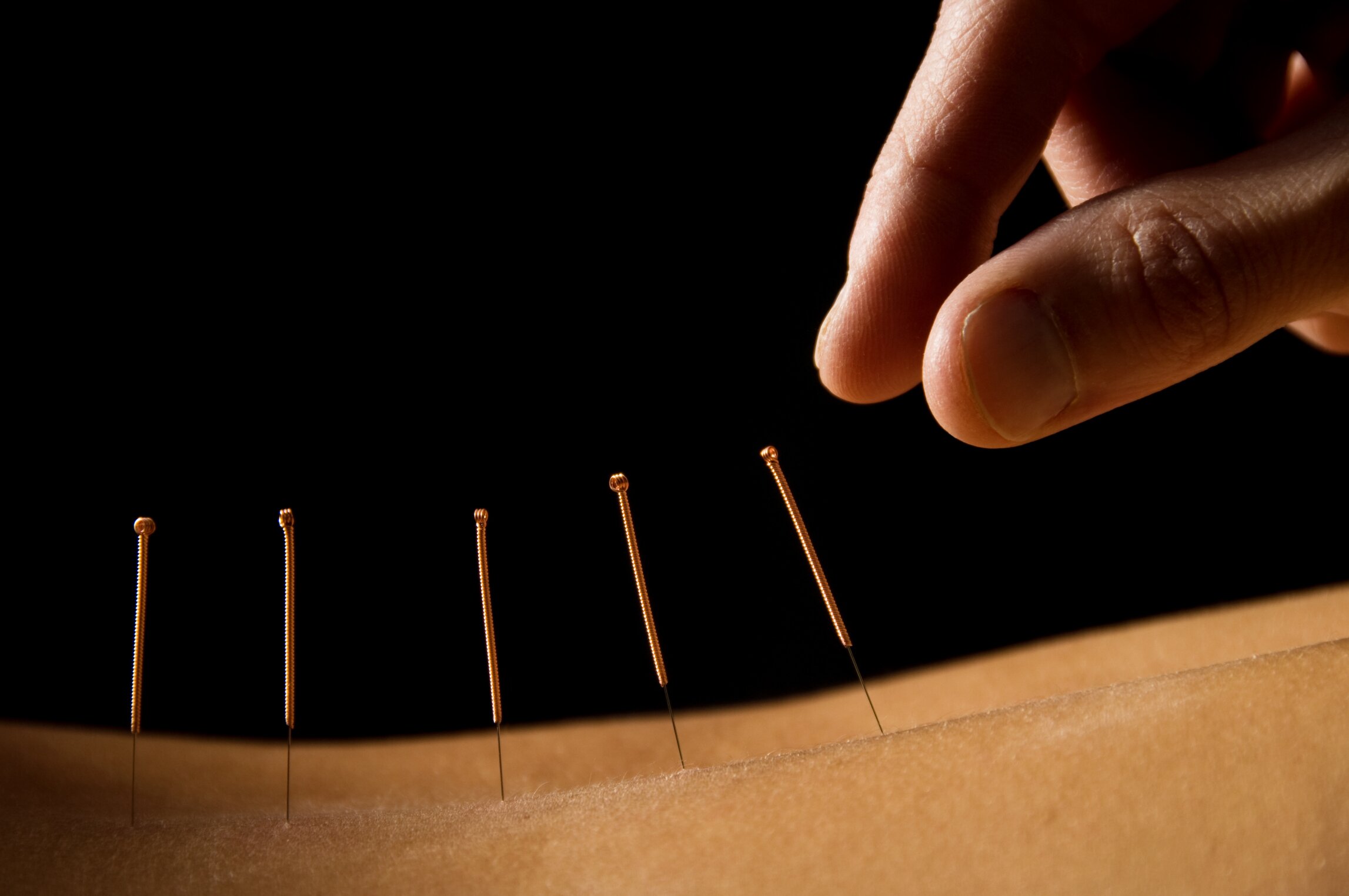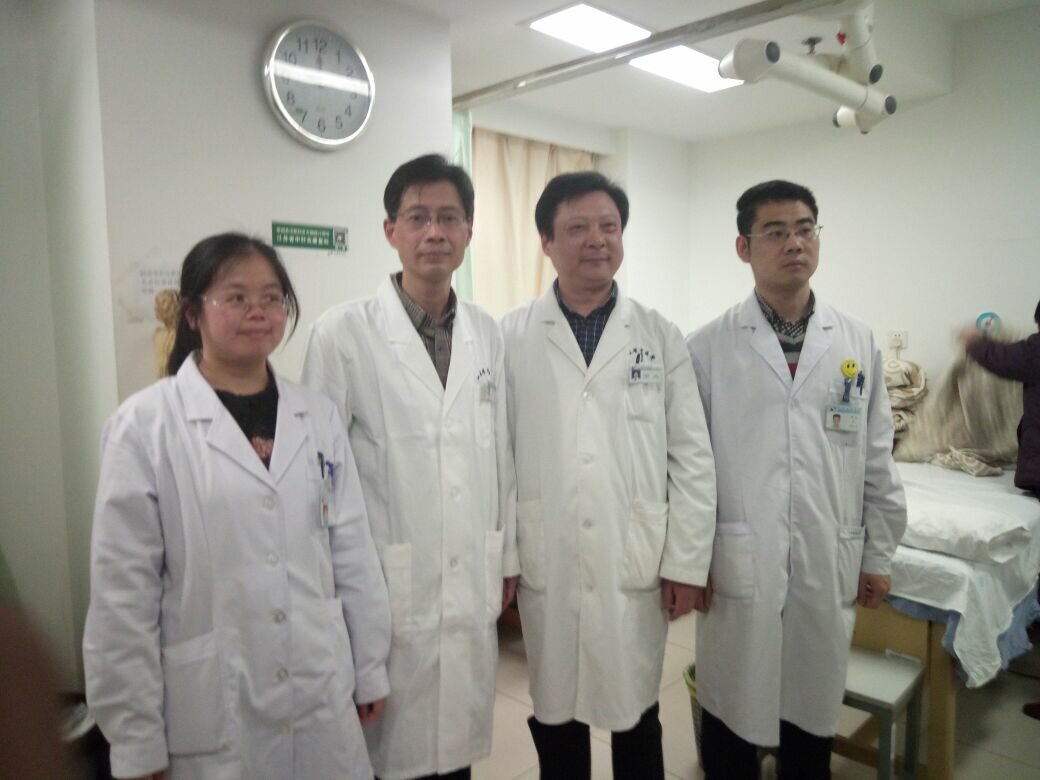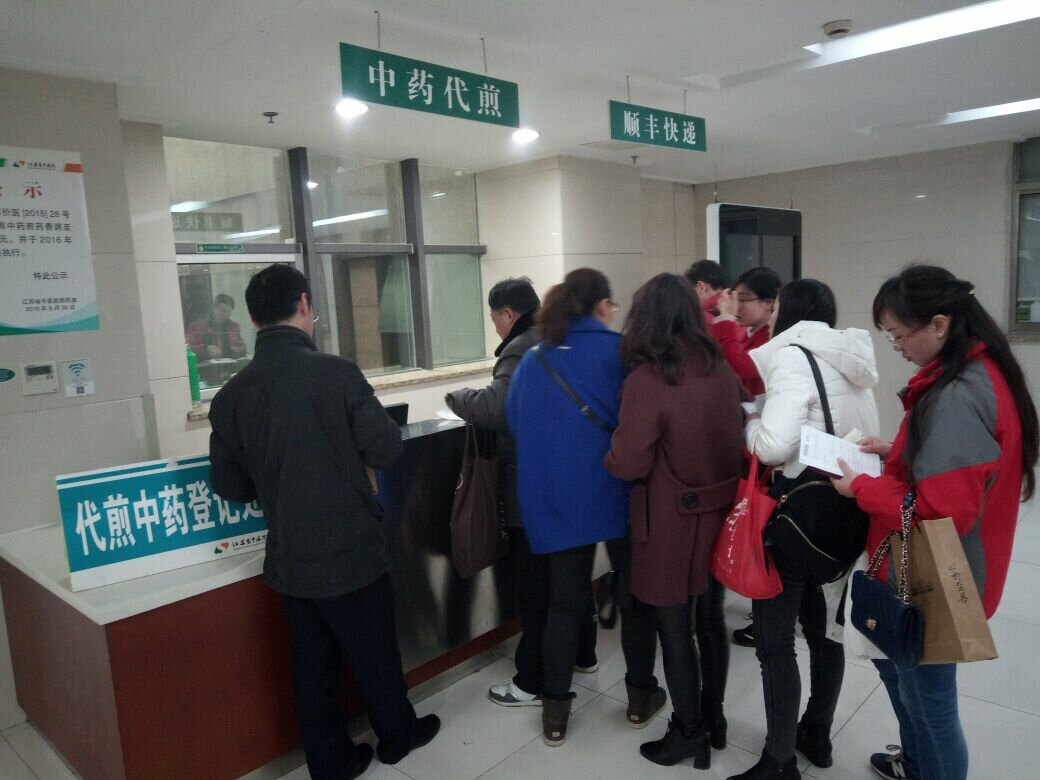Demystifying Traditional Chinese Medicine
By Eric Biegon in Jiangsu, China
Most aspects of Chinese people’s lives stand out as unique and distinct from other nations of the world. China’s healthcare system is clearly one of them. Unlike other forms of traditional medicine which have largely become extinct, Traditional Chinese Medicine (TCM) remains a distinct branch of modern medical practice.
No one can deny that the Chinese Traditional medicine is undoubtedly amongst the most popular and most accepted mode of treatment in modern day China. It’s one of the world’s most ancient and respected therapies. This kind of treatment however is no longer restricted to the Chinese people, given that it is gaining popularity in other parts of the world.
Popular as it may, many critics have questioned its effectiveness in providing health solutions.
In fact, the skeptics, most of whom are drawn from the western world, consider it an illusion stemming from the days of the first People’s Republic of China President Mao Zedong.
Their accusation is that, Mr. Mao, popular as Chairman Mao, blew the trumpet about this form of medicine in order to find a way to integrate it into modern day society to give an economic edge to Beijing’s pharmaceutical industry.
At the center of their arguments, these doubters claim that the efficacy and toxicity testing in the traditional Chinese medicine are based on traditional knowledge rather than laboratory analysis. In their opinion, it is potentially harmful.
I recently visited Jiangsu Provincial hospital of Chinese medicine in Nanjing city of Jiangsu province, with a specific focus on operations at the Traditional Chinese Medicine department, to ascertain the veracity and accuracy of these reports.
I met Professor Sun Jian Hua, a doctor and the director at the department. Before I could make inquiries about the efficacy of this kind of treatment, he was quick to point out that “there is an increasing demand for traditional Chinese medicine.”
My quick analysis of the state of affairs in the hospital revealed higher bed occupancy, let alone a large number of patients who were queuing for traditional medicine at its the dispensing pharmacies.
But why would a population, the size of China, embrace this tradition so much if indeed it does not have any impact in their lives?
In responding to this question, Professor Sun charged that “People come here in large numbers because they believe in this tradition. It is effective in every way and this is a result of a distinct healing modality.”
From this moment he sought to demystify this centuries-old traditional treatment.
Doubters have all along insisted that this ancient pre-scientific system of medicine is over-hyped and dubious. But in his opinion TCM is not what the doubters take to be.
“Chinese medical practitioners before the 19th century relied on observation, trial and error. But TCM has since been refined and adapted. During the past two decades we have been making clinical experiments to prove that it is beyond what people think.” He says
Doctor Hellen Fu, who works in the same department, interjected and said that “most of the times we deal with cases of sicknesses which have become so resistant to conventional medicine.”
Faced with questions over the training of persons who administer this medicine, Prof Sun said “Our doctors have specialized knowledge. They have been trained professionally. They know exactly the structure of the human body.”
He insists that becoming a doctor in the traditional Chinese medicine is not as easy as many think given that the program demands not less than eight (8) years at the university.
“Students study basic knowledge of TCM at the university for five (5) years. Then they have internship at clinical section and they must pass the exam to get the qualification to become a clinician. The internship goes for three (3) years.”
According to him, this ancient therapy has undergone so much transformation over the years. Transformation which places diagnosis at the center.
“Many differences exist between this kind of medicine and western medicine. After the diagnosis, we will make a judgement of whether the disease can be treated with TCM or western medicine. TCM practitioners approach healthcare from a holistic standpoint, looking for the underlying imbalances and dis-harmonies behind an illness.” Prof Sun said.
Acupuncture, T’ai chi and herbal treatments can be found in many health centers across China. This is evidenced by the number of patients receiving this kind of treatment.
In acupuncture, for instance, Prof Sun says their doctors know where to pierce. He maintains that no cases of deaths have been reported since their doctors will never insert the needle through the crucial organs of the body such as veins, lungs and kidneys. He insists the doctors know how to avoid them to perfection because of the training they receive.

“We do clinical experiments where we divide patients into two groups. Others receive acupuncture others do not. We have since established that those who have gone through it feel better than those have not.”
He affirms that the tradition is gaining prominence in many countries because it is effective, citing operations at the Cleveland clinic in the US where many visit seeking remedies through Chinese traditional medicine.
“It’s not only used in diseases, it is used in the ICU (Intensive Care Units). The armies are recruiting doctors for acupuncture. We have offered medical assistance all over the world through this modality.” He said.
Africans have not been left behind as students from the continent are now flocking Chinese universities to study about the therapy. When I visited Nanjing University of Chinese medicine, it struck me that 1,500 international students are pursuing this course. I was lucky to interact with two from Africa. Vanessa Njitack (25) from Cameroun and Badra Said Ali (26) from the Comoros.
They both disclosed that they will push for introduction of traditional Chinese medicine departments in various hospitals in their home countries when they finish their studies.
When I asked them why they chose this career path, they were equally in agreement with Dr. Hellen Fu, in that the traditional medicine handles conditions too complex for conventional medicine.
Doubters will always be there, but Prof Sun says acceptance to this alternative therapy will only soar whereas this distinct health practice will live long.
Email:







